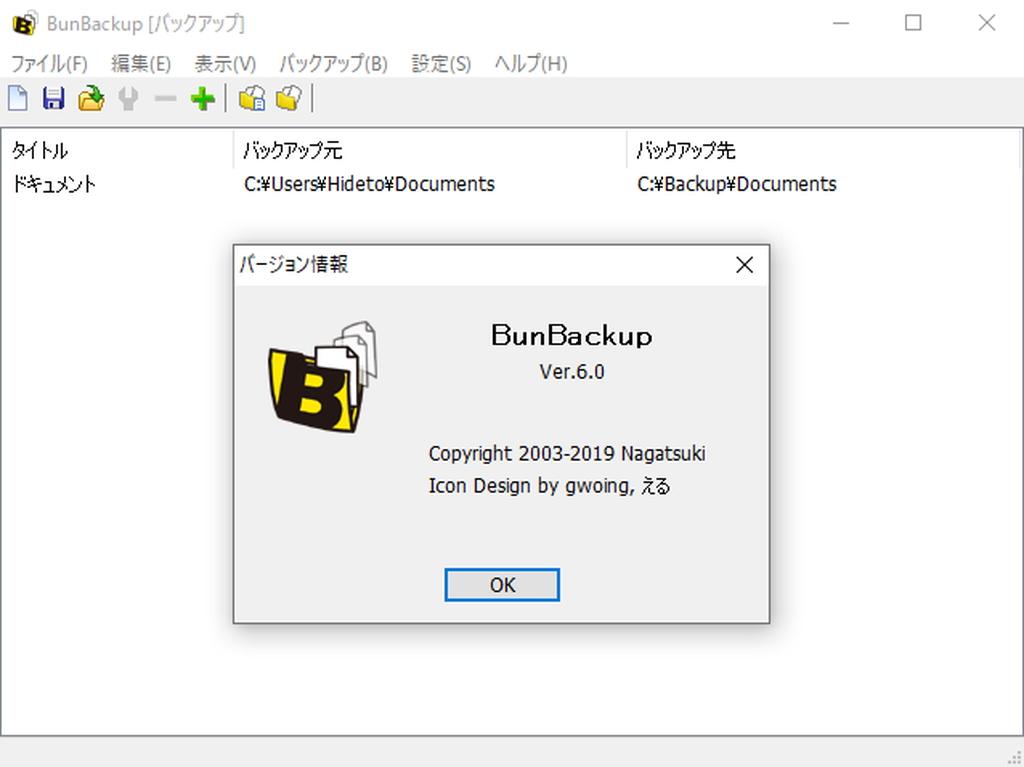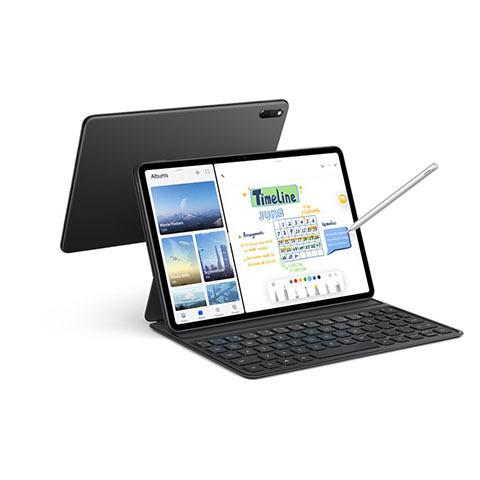Published reports on the status of approval status of the U.S. Republican Republican group, Huawei and SMIC's application for export permission.
- 565
- 98
Published reports on the status of approval status of the U.S. Republican Republican group, Huawei and SMIC's application for export permission.
- By huaweicomputers
- 29/01/2023
On October 21, a Republican group on the U.S. House of Representatives Committee on Foreign Relations filed an export license application for China's Huawei Technologies and SMIC International (SMIC) from the Department of Commerce. Published a report on the approval status.
The Commerce Department report was prepared at the request of the House Foreign Relations Committee and was handled by the Department's Bureau of Industry and Security (BIS) for about five months from November 2020 to April 2021. It summarizes the status of export license applications for Huawei and SMIC. According to the report, there were 169 license applications for Huawei, of which 113 (69.3%) were approved, 48 (28.4%) were remanded, and 2 (1.2%) were rejected, for a total of approved cases. The amount is approximately $61.4 billion. There were 206 applications for SMIC, of which 188 were approved (91.3%), 17 were remanded (8.3%), and 1 was rejected (0.5%), with a total approved value of approximately $41.9 billion. there is

With respect to Huawei and SMIC, BIS has determined, under the Export Administration Regulations (EAR), that entities engaged in, or at significant risk of engaging in, activities contrary to the national security and foreign policy interests of the United States. and posted on the Entity List (EL) in May 2019 (see article on May 16, 2019) and December 2020 (see article on December 23, 2020). In addition, Huawei partially amended the EAR to include foreign-made products directly manufactured outside the United States using specific EAR-covered technology and software (August 18, 2020). see article). As a result of these measures, exports, reexports, and internal transfers (including deemed exports and reexports) of U.S. products subject to the EAR to these two companies and their designated subsidiaries require prior authorization from BIS and, in some cases, Even if you apply for it, it will be treated as "not permitted in principle". However, the report found that more than half of the applications made during the period were approved.
"In addition to sanctions and other measures, export controls are the foundation for restricting technology and products from reaching adversaries," said Michael McCall, the Republican leader on the House Foreign Relations Committee who led the move. It's a matter of sorts," he said in a statement, adding, "We need export controls that are more transparent and have stricter enforcement." Even after the passage of the Export Administration Reform Act (ECRA), which serves as the basis for export controls, in August 2018, the U.S. Congress has delayed designation of emerging technologies and basic technologies required by the ECRA to the Department of Commerce. There is a growing sense of crisis (see article on June 9, 2021), and this move is seen as part of that.On the other hand, the Ministry of Commerce has pointed out that the method of cutting out the license application data on a specific Chinese company posted in the EL for a certain period of time and disclosing the information is detrimental. A Department of Commerce spokeswoman said such disclosures "politicize the permit application process, discourage honest businesses from participating in the process, and discourage prudent and evidence-based security by BIS and other government agencies." It misrepresents the above judgment and further undermines the technological leadership of the United States.” (Politico, October 21).
(Shinichi Isobe)















